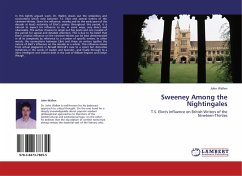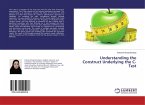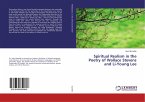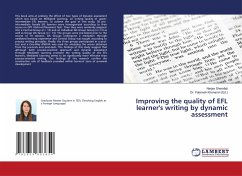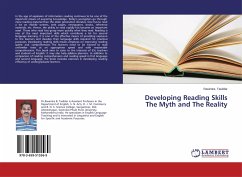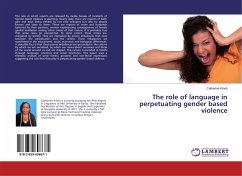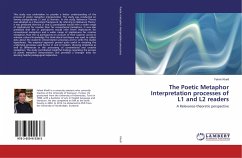In this tightly argued work, Dr. Wallen draws out the similarities and connections which exist between T.S. Eliot and several writers of the nineteen-thirties. Given the influence, novelty and (in the early years of the decade at least) notoriety of Eliot s poetry throughout this period, it is natural to expect his influence to be, in some ways, very direct and observable. The author chooses to single out five poets and one novelist of the period for special and detailed attention. This is due to his belief that Eliot s creative influence on the nineteen-thirties can be best demonstrated in all its complexity by reference to a number of specific writers. In other words, the connections between Eliot and these six writers typifies the nature of Eliot s influence on the decade as a whole. This influence moves from virtual plagiarism in Ronald Bottrall s case to a smart but derivative stylishness in the works of Auden and Spender and finally through to a more intelligent and indirect debt in the case of William Empson and Evelyn Waugh.
Bitte wählen Sie Ihr Anliegen aus.
Rechnungen
Retourenschein anfordern
Bestellstatus
Storno

